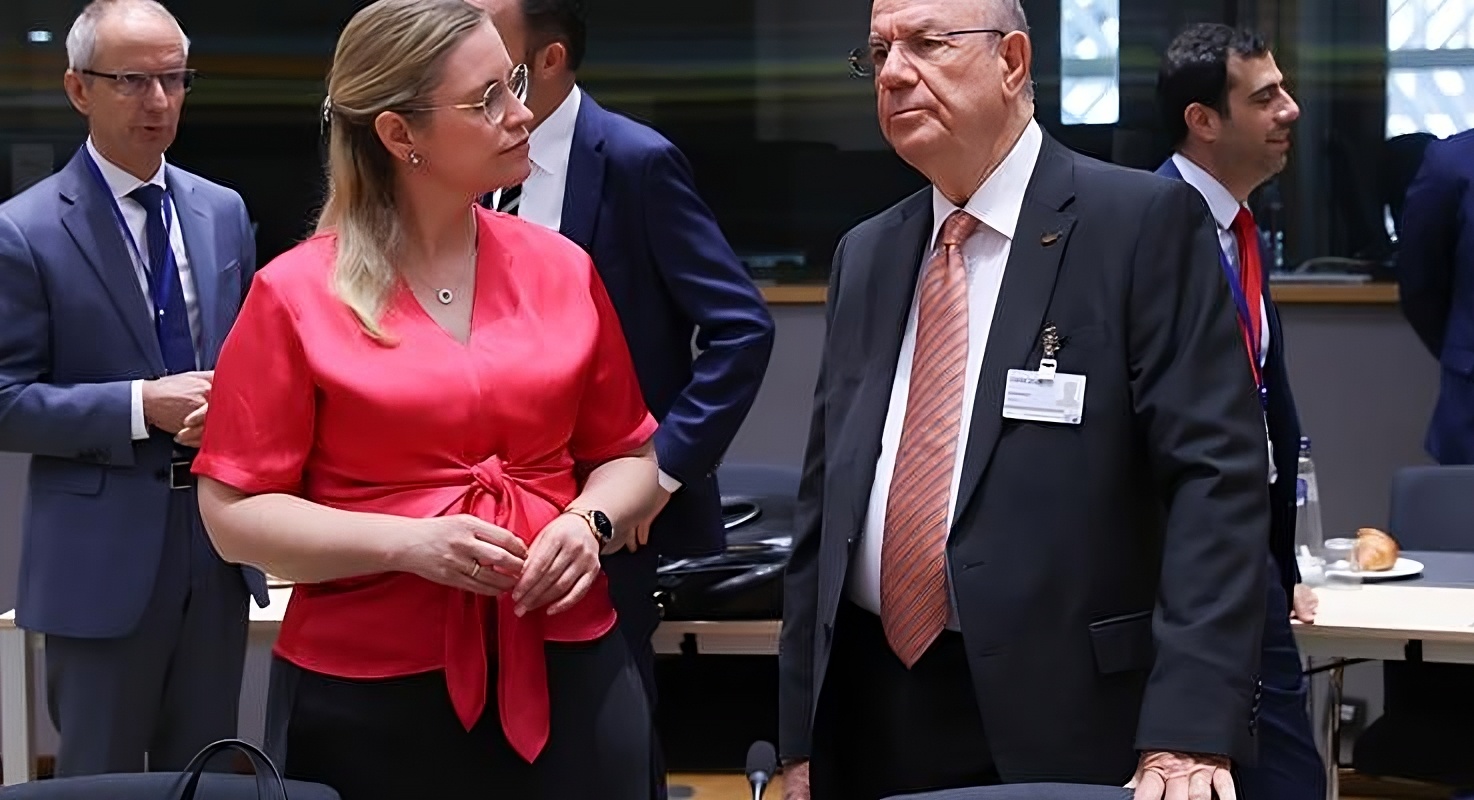Ohio Lawmakers Move to Dissolve Campaign Finance Oversight Agency, Sparking Controversy

Ohio's political landscape is facing a significant shift as both the House and Senate have proposed budgets that would eliminate the Ohio Elections Commission (OEC), the state's primary agency responsible for campaign finance oversight. This move, while still subject to negotiation and potential amendments, has ignited debate and raised concerns about transparency and accountability in Ohio's elections.
What Happened? The state Senate recently passed a two-year spending plan that includes the elimination of the OEC. Simultaneously, negotiators from the House are also pushing for similar cuts, indicating a broad agreement across both chambers to dismantle the agency. While a final agreement hasn't been reached, the consistent push to remove the OEC suggests a strong likelihood of its dissolution unless significant opposition arises.
Why is this Significant? The Ohio Elections Commission plays a crucial role in ensuring fair and transparent elections. Its responsibilities include:
- Reviewing campaign finance reports for accuracy and compliance with state laws.
- Investigating potential violations of campaign finance regulations.
- Enforcing penalties for those found to have violated campaign finance laws.
- Providing guidance and education to candidates and political committees on campaign finance rules.
Eliminating the OEC raises concerns about who will fulfill these vital functions. Critics argue that removing the dedicated agency will weaken oversight, potentially leading to increased instances of illegal campaign activity and a decline in public trust.
Differing Views & What's Next While both the House and Senate have supported the elimination of the OEC, significant differences remain in the overall budget proposals. Negotiators from both chambers are currently working to reconcile these differences, and the fate of the OEC hangs in the balance. Supporters of the move argue that the agency was ineffective and costly, suggesting alternative methods for campaign finance oversight could be more efficient. However, opponents contend that there is no viable alternative that can adequately replace the OEC's expertise and dedicated resources.
The elimination of the Ohio Elections Commission represents a pivotal moment for election integrity in the state. As negotiations continue, the debate surrounding its future will undoubtedly intensify, with stakeholders on both sides advocating for their respective positions. The final outcome will have a lasting impact on the transparency and accountability of Ohio's political system. It remains to be seen whether lawmakers will reconsider the proposed cuts or if the OEC will become a casualty of the budget process.
Stay Informed: Follow this developing story for updates on the budget negotiations and the potential future of campaign finance oversight in Ohio.






